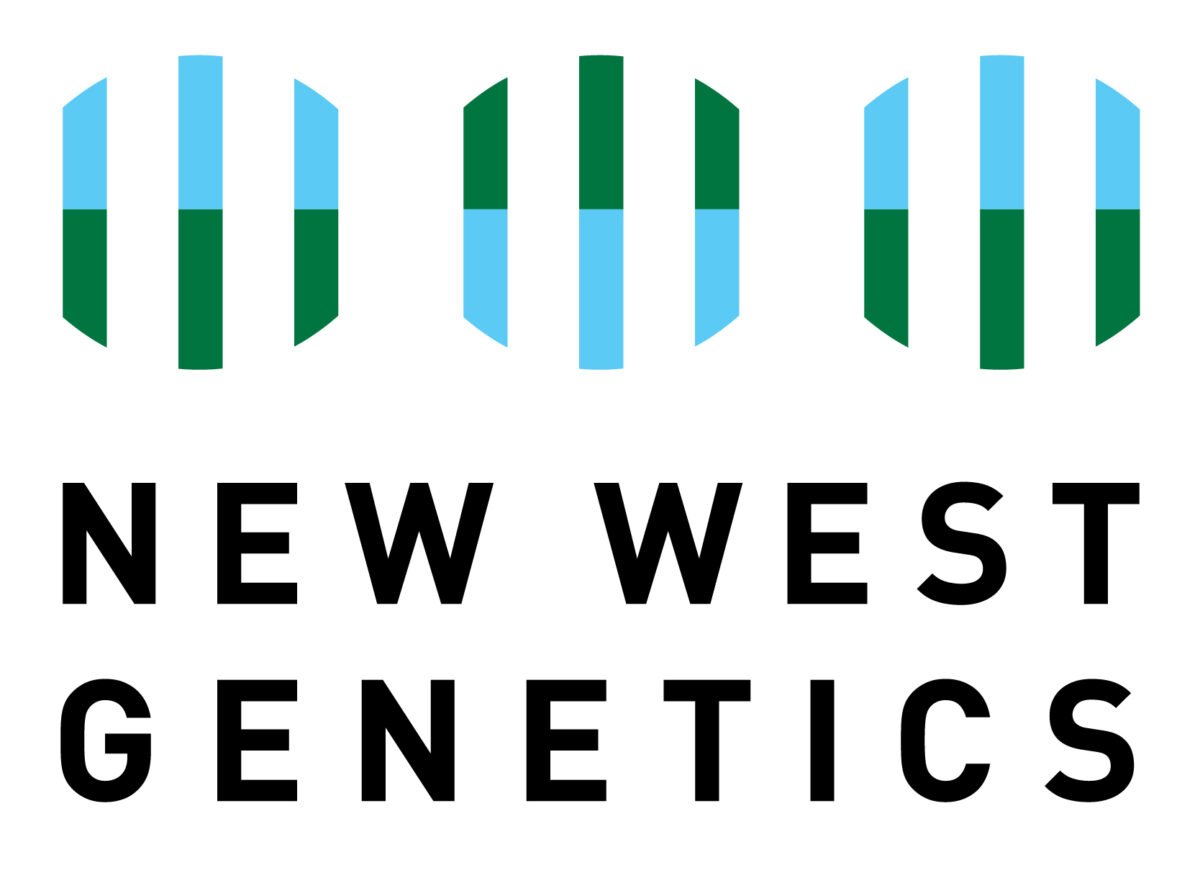HudsonAlpha and New West Genetics collaborate to improve a source of fibre, protein, oil
Through this USDA-NIFA grant, HudsonAlpha will build several high-quality hemp genomes
Faculty Investigator Alex Harkess’ laboratory at HudsonAlpha Institute for Biotechnology, and their collaborators New West Genetics, were recently awarded a three-year, $650,000 United States Department of Agriculture National Institute of Food and Agriculture (USDA-NIFA) grant that aims to unlock the full potential of industrial hemp, a versatile plant used for centuries as a source of industrial fibre, seed oil, food, and medicine.
In changing climate, there is a growing need for more adapted and sustainable crops. Industrial hemp is a promising candidate for sustainable fibre, protein, and oil because it has a deep, massive root structure that sequesters more carbon than typical row crops, requires lower inputs, and has greater drought and pest resistance.
Hemp plants are also interesting from a biological standpoint because they have separate male and female sexes. Among the two, female hemp plants possess greater commercial value due to their higher biomass production and exclusive ability to yield seeds that are rich in beneficial lipids and proteins. As a result, hemp breeders strive to achieve a substantial proportion of female plants thriving in their cultivated areas. This emphasis on maximising female hemp plants aligns with the broader objective of harnessing the crop’s sustainable qualities to thrive in our changing climate.
HudsonAlpha Faculty Investigator Alex Harkess, PhD, and his lab are experts at studying the genetic basis of sex in plants. Through this USDA-NIFA grant, Harkess and his lab will build several high-quality hemp genomes and use them to identify and analyse the hemp sex chromosome pairs. Using a pipeline developed in the lab, the team will identify the master sex determination genes in hemp, which can be modified to control sex and increase the proportion of female plants, leading to a higher yield of fibre, oil, and protein. Breeding more female hemp plants will increase the yield and quality of hemp fibre, grain, and oil crops, making it a sustainable and valuable crop for farmers and consumers alike.
“Separate male and female sexes have evolved hundreds if not thousands of times in plants, and finding the genes that control sex determination is so challenging because most plants do it very differently from each other,” said Harkess. “These genes are found on sex chromosomes, the most challenging chromosomes to sequence and assemble in plants. However, with HudsonAlpha’s historical expertise in plant genome sequencing, we are now able to reveal the full complexity of sex chromosomes in species like hemp and finally narrow in on the genes that control this agriculturally and economically valuable trait.”
Through this USDA-NIFA grant, HudsonAlpha will build


